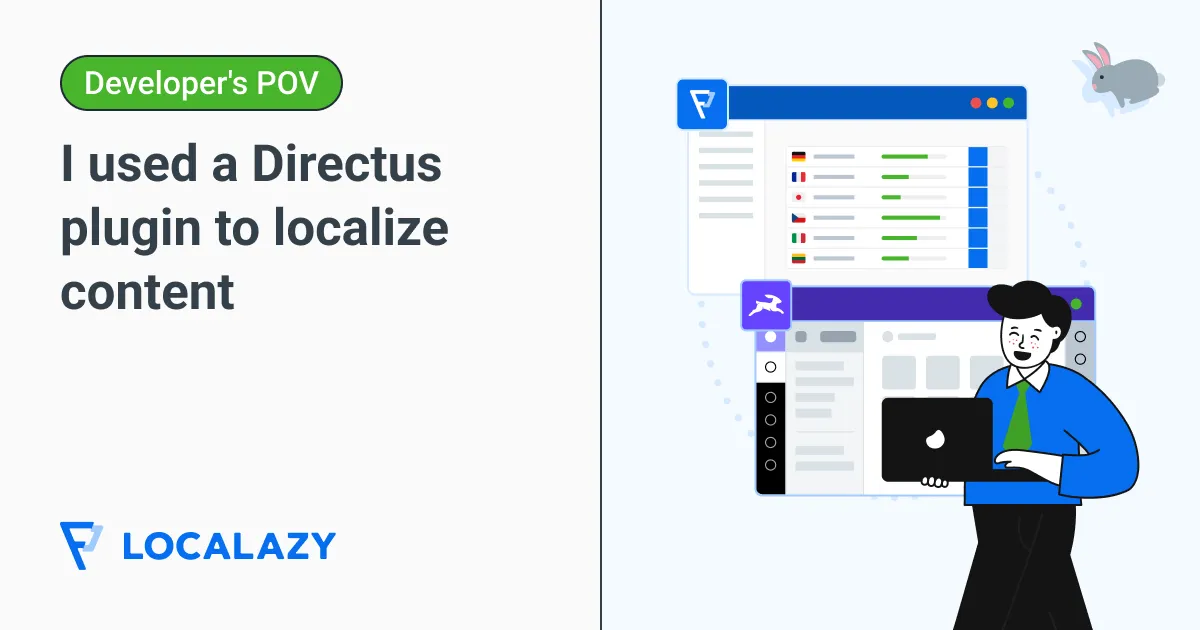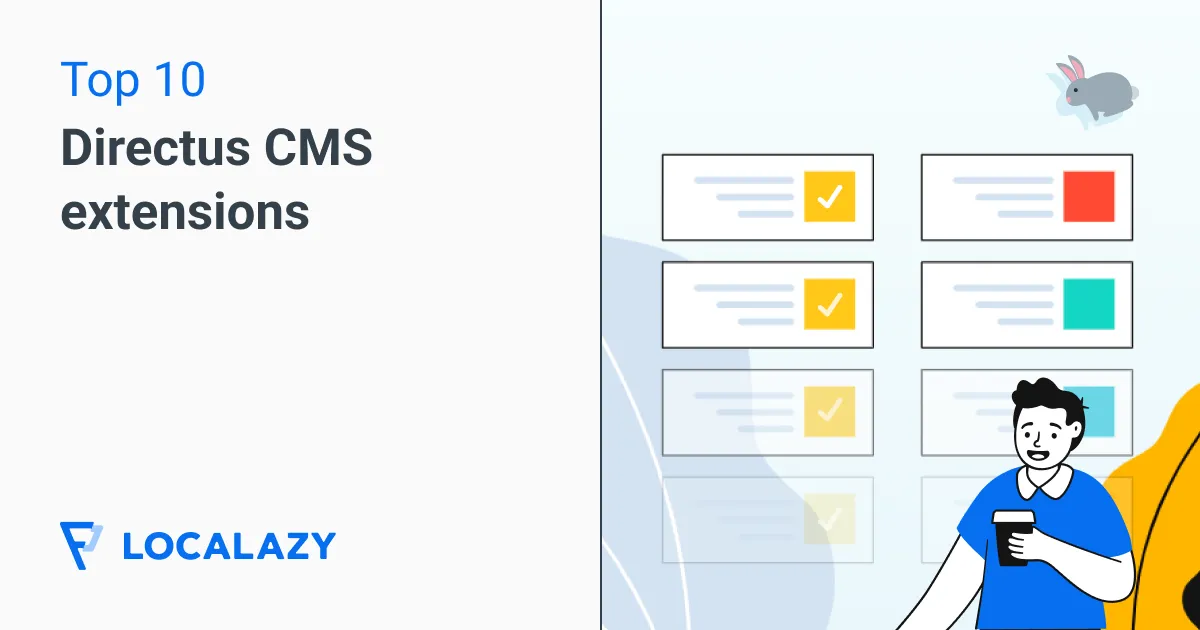CMS (Content Management System)
A software application that allows users to manage, edit, and store digital content with minimal technical knowledge.
CMS facilitate the creation, management, and editing of digital content without the need for deep technical knowledge. CMS platforms are widely used for managing websites, blogs, and other digital content repositories, allowing users to easily publish, edit, and organize content.
These solutions simplify the content management process, giving users the flexibility to maintain and update their digital assets without much hassle. CMS systems also support the organization of content through categories, tags, and metadata, making searching easier and improving user experience.
✍️ Popular CMS examples: #️⃣
- WordPress: Easy to use, widely popular. Great for blogs and small websites. Lots of themes and plugins available.
- Joomla: More complex than WordPress, but still user-friendly. Good for larger websites and online communities.
- Drupal: Powerful and flexible. Best for big, complex websites. Needs more technical skills to use.
- Storyblok: A modern system that separates content from design. Has a visual editor that’s easy for non-tech people to use.
- Strapi: An open-source system that lets developers create custom content setups. Good for apps and websites that need special features.
- Ghost: Simple and focused on blogging. Clean design makes writing and publishing easy.
- Contentful: Modern system that can send content to many different places, like websites, apps, and smart devices.
For more information about localization within your favorite CMS system, check out Localazy’s integrations with Wordpress, Storyblok, Strapi, Directus, and more.


